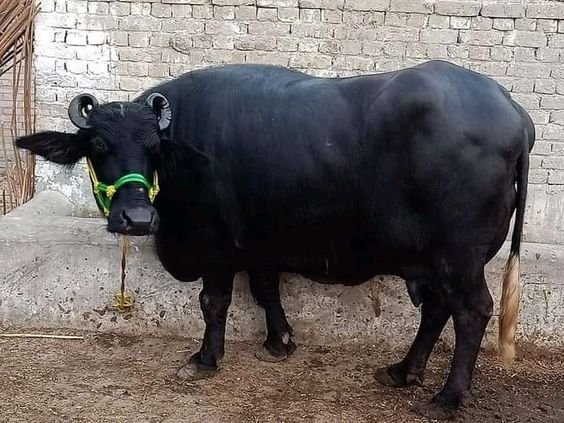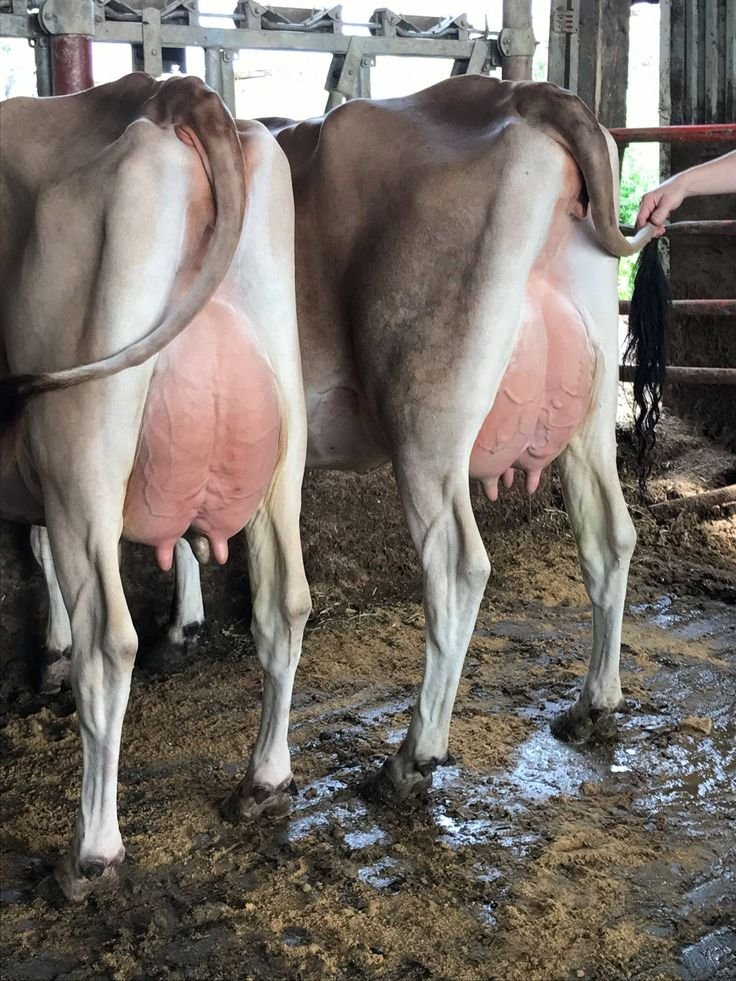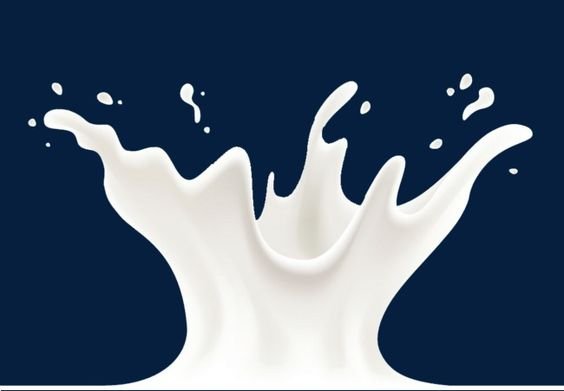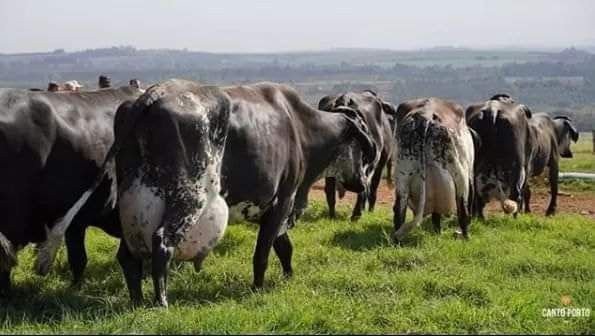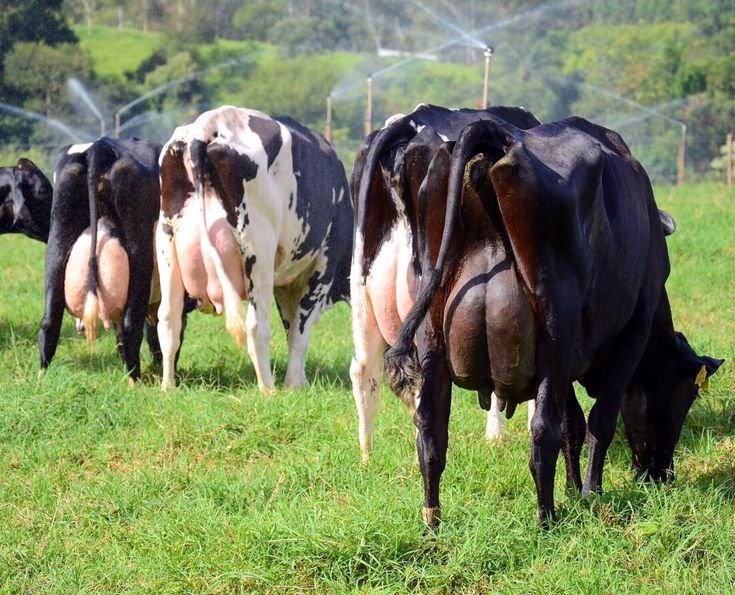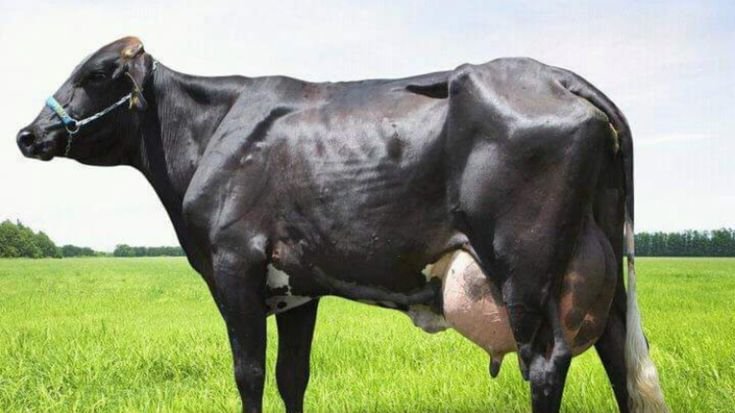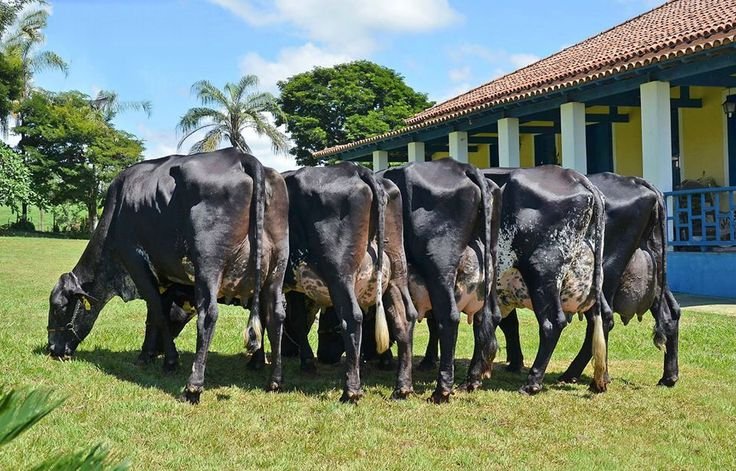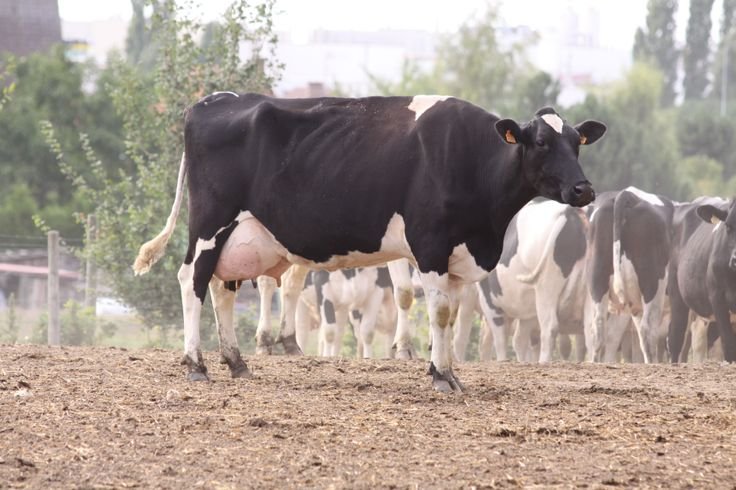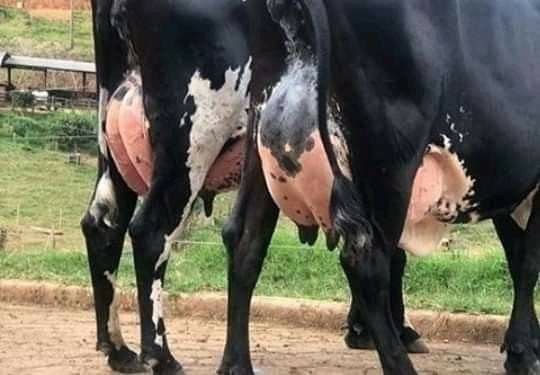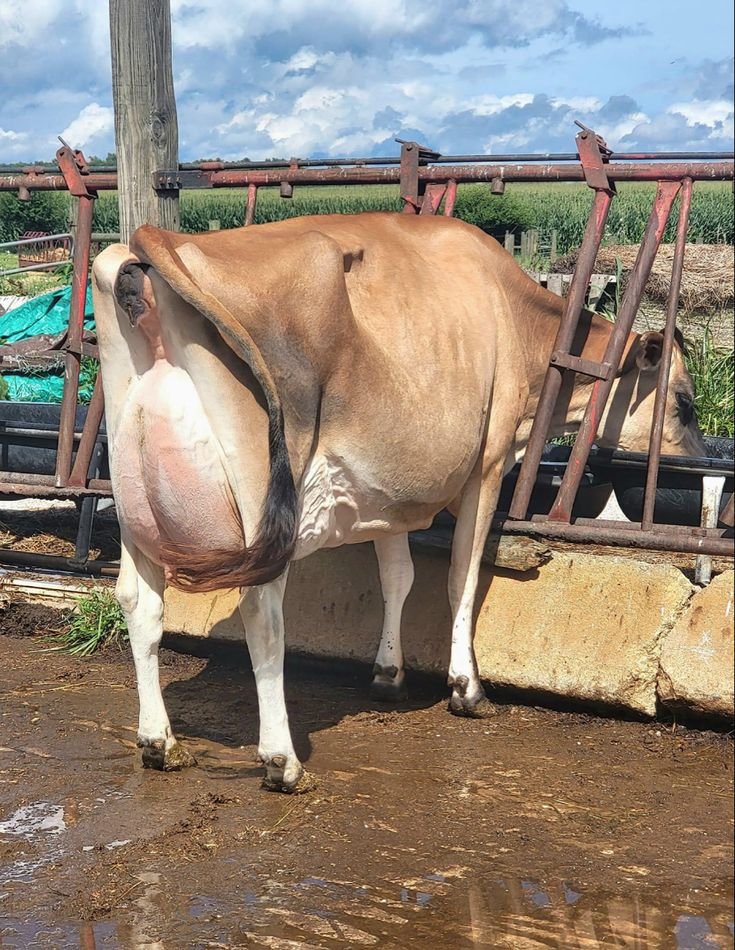Seasonal changes affect not just milk production in dairy cattle but also their overall immunity. Heat stress in summer, nutritional deficiencies in winter, and increased susceptibility to diseases during monsoon can disrupt milk yield and cattle health. A balanced seasonal diet tailored to these changes ensures optimal milk quality and robust immunity, keeping livestock productive year-round.
The Impact of Seasonal Changes on Dairy Cattle
- Summer Stress:
- Heat reduces feed intake, leading to lower energy and nutrient absorption.
- Milk quality drops as the metabolic focus shifts to coping with heat.
- Monsoon Challenges:
- Humidity increases the risk of bacterial and fungal infections.
- Wet, poor-quality forage can lead to digestive issues and acidosis.
- Winter Deficiencies:
- Higher energy demands for body warmth result in nutrient diversion from milk production.
- Lack of green fodder reduces vitamin and mineral intake.
Balanced Seasonal Diets: The Key to Dairy Success
Balanced diets target the unique nutritional needs of dairy cattle in each season, focusing on improving milk quality and strengthening immune defenses.
Summer Nutrition Tips:
- Hydration is Critical:
Provide clean water and electrolyte supplements to combat dehydration. - Energy-Dense Feed:
Incorporate oilseeds, grains, and molasses to maintain energy levels. - Cooler Forage Choices:
Offer silage and fresh fodder for better digestion.
Monsoon Feeding Practices:
- Focus on Digestive Health:
Use probiotics and prebiotics to maintain gut flora balance. - Prevent Feed Contamination:
Store fodder in dry areas and avoid feeding moldy or spoiled silage. - Enhance Immunity:
Provide vitamin supplements (A, D3, E) to strengthen resistance to infections.
Winter Diet Adjustments:
- Boost Energy Intake:
Add concentrates and silage to meet increased energy demands. - Supplement Vitamins and Minerals:
Ensure adequate calcium, phosphorus, and Vitamin D to support lactation. - Provide Warm Feed:
Warm water and dry, nutrient-rich forage help maintain body heat.
How Balanced Diets Improve Milk Quality and Immunity
- Milk Quality:
- Proper nutrition ensures a higher percentage of butterfat and proteins in milk.
- Consistent energy levels prevent fluctuations in milk production.
- Enhanced Immunity:
- Probiotic support improves gut health, reducing disease susceptibility.
- Essential vitamins like A, D3, and E strengthen immune defenses year-round.
- Stress Reduction:
- A tailored diet minimizes the physiological stress caused by seasonal changes.
Advanced Supplements for Seasonal Feeding
Incorporating advanced nutritional supplements bridges gaps that natural feeding alone may not cover:
- Ultra H Supplement:
Boosts milk production and ensures calcium balance for lactating cattle. - Sumo-Milk Gel:
Improves milk quality with targeted vitamins and nutrients. - Ultra Forte:
Provides critical minerals and immunity-enhancing vitamins for healthier cattle.
These supplements, when added to balanced seasonal diets, significantly improve productivity and overall cattle well-being.
Steps for Implementing Balanced Seasonal Feeding
- Plan Ahead:
Store silage, dry fodder, and supplements in advance to avoid shortages. - Monitor Cattle Health:
Regularly check for signs of nutrient deficiencies or stress. - Customize Diets:
Adjust feeding strategies based on milk yield, season, and cattle requirements. - Introduce Supplements:
Include specialized products like Ultra H or Sumo-Milk Gel to address specific needs.
Conclusion
Balanced seasonal diets play a crucial role in maintaining milk quality and boosting immunity in dairy cattle. By understanding seasonal challenges and tailoring feeding practices, farmers can ensure healthier livestock and consistent dairy output. Combining these strategies with advanced supplements ensures a robust and thriving dairy operation, regardless of the weather.

